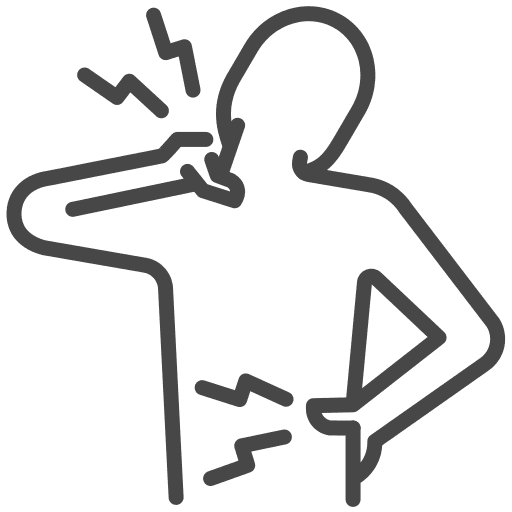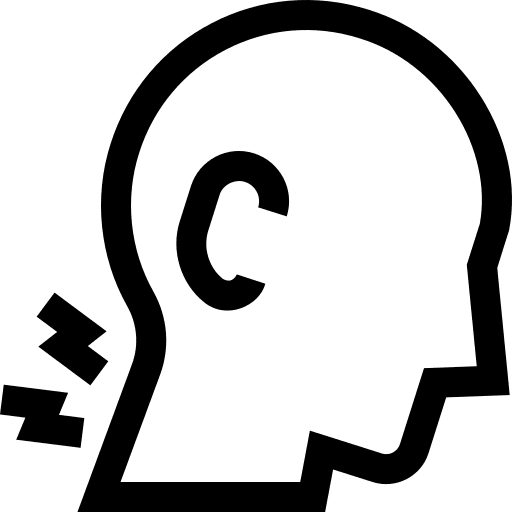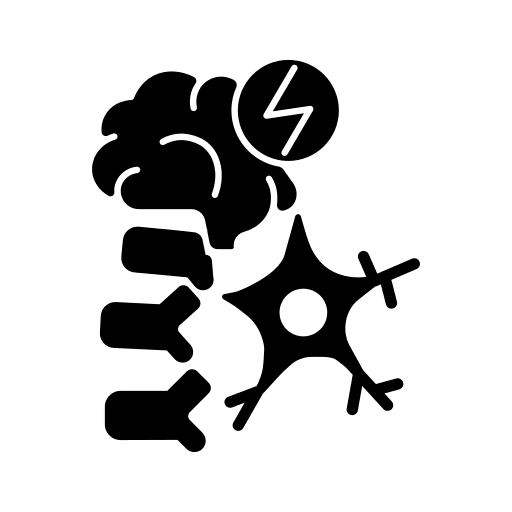
Living with chronic pain is a battle not only to fight off physical discomforts but also mental and emotional side effects. Constant, debilitating pain can interfere with a person’s life in a big way. Chronic pain puts your brain into overdrive, wearing out the brain’s neurons and altering their connections. It can take over your thoughts, feelings, sleep patterns, concentration and much more.
Our pain psychologists at the Comprehensive Pain Consultants of the Carolinas, an Asheville pain doctor accepting new patients, understand that pain is far more than just a physical issue. We work with patients every day to cope and heal emotionally. Read on to learn how chronic pain affects your brain.
Chronic Pain & the Brain
Research has shown that the brain reacts differently when dealing with short term pain compared to long-term, chronic pain. Ongoing pain actually changes the central nervous system by influencing sensory and emotional circuits in the brain that would otherwise inhibit pain.
Chronic pain is a neurological disease with symptoms often including depression and anxiety. It will even go as far as to affect one’s ability to make simple decisions.
Mood
Medical studies have shown that people which chronic pain experience a reduction in the size of their prefrontal cortex, which is the region of the brain that regulates emotions, personality and social behaviors. It can make you more susceptible to emotional changes and shift your emotions quickly.
Sleep
Disrupted sleep is highly common in patients with chronic pain, occurring in roughly 80% of suffers. Patients often complain of having trouble falling asleep and/or staying asleep. According to the National Sleep Foundation, chronic pain suffers lose an average of 42 minutes of sleep per night due to pain. Prolonged lack of sleep can have severe consequences on the brain. It alters the functioning between the prefrontal cortex and the brain’s emotional process centers. This will, in turn, heighten emotional responses and trigger irrational feelings.
Stress
A major contributor to brain health is positive stress management. When our bodies are under long-term physical pain, it causes stress on our mind and body. When we are experiencing chronic stress, our bodies create more cortisol (your body’s natural stress hormone) which can wear down the brain’s ability to function properly.
Concentration & Memory
When you’re in pain, it’s hard to think about anything else. Pain interferes with memory, recollection processing and concentration. Pain disrupts the maintenance of the memory trace needed to hold information for processing and retaining long-term memory storage.
How to Cope
Equipping yourself with the right tools and surrounding yourself with the right people can make a huge difference in your mental state. Diligently following your doctors’ recommendations and meeting regularly with a pain psychologist in Asheville are two of the main factors. Below are a few other items that can help you cope with the mental side effects of chronic pain:
-
Surround yourself with supportive and stable family and friends
-
Ask your doctor about alternative pain treatments
-
Attend a pain support group
Asheville Pain Doctor Accepting New Patients
We understand how important mental health is for all chronic pain suffers. Our goal is to improve long-term sustainable relief through early and effective treatment. Contact us today and schedule your appointment.
Get in touch with us by calling 828-483-4438
Disclaimer: You should always seek the advice of a physician or other qualified health care provider before beginning any exercise program. The information contained in this article does not constitute medical advice, nor does reading or accessing this information create a patient-provider relationship. Comments that you post will be shared with all visitors to this page. All comments are not governed by HIPAA and you should not post any private health information.











